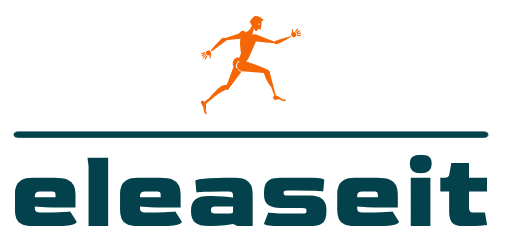Holistic Equestrian Training: Programs for Excellence
Embarking on a journey in equestrianism involves more than just riding a horse; it requires a comprehensive approach that encompasses training for both rider and equine partner. Equestrian training programs play a pivotal role in shaping skilled riders, fostering strong connections with horses, and achieving excellence in the diverse disciplines within the equestrian world.
Tailored Approaches for Every Rider: Customizing the Experience
One of the key features of effective equestrian training programs is their ability to cater to the individual needs and goals of each rider. Whether you’re a novice seeking foundational skills or an experienced rider aiming for mastery in a specific discipline, a well-designed program should offer tailored approaches. Customization ensures that riders receive the guidance and support necessary for their unique journey.
For insights and guidance on diverse Equestrian Training Programs, consider exploring Equestrian Training Programs. This resource provides a wealth of information on different programs to suit varying needs.
Foundations of Rider Development: Building a Strong Base
Successful equestrian training programs prioritize the establishment of a solid foundation for rider development. This includes mastering fundamental riding skills, cultivating a balanced seat, and understanding effective communication with the horse. A strong base sets the stage for more advanced techniques and maneuvers, fostering a rider’s confidence and competence in the saddle.
Comprehensive Horsemanship: Beyond Riding Skills
Holistic equestrian training programs recognize that excellence extends beyond riding skills alone. They encompass comprehensive horsemanship, which involves understanding horse behavior, proper care, and the nuances of equine health. Riders are not only taught how to ride proficiently but also how to develop a deep and respectful relationship with their equine partners.
Discipline-Specific Training: Specialized Expertise
The equestrian world is diverse, with various disciplines such as dressage, show jumping, and eventing, each demanding specific skills and techniques. A well-rounded equestrian training program should offer discipline-specific training modules led by experienced instructors. This specialization ensures that riders receive focused instruction tailored to the requirements of their chosen discipline.
Progressive Skill Advancement: Incremental Mastery
Equestrian training is a journey of continual improvement. Effective training programs employ a progressive approach, guiding riders through incremental stages of skill advancement. From basic maneuvers to advanced techniques, this step-by-step progression allows riders to build upon their existing skills, gradually achieving mastery in a structured and sustainable manner.
Emphasis on Safety: Prioritizing Rider and Horse Well-Being
Safety is paramount in equestrian training, and reputable programs prioritize the well-being of both riders and horses. This includes instruction on proper safety measures, the use of safety equipment, and creating a secure environment for training sessions. Riders should feel confident that their training program places a strong emphasis on fostering a safe and supportive learning atmosphere.
Individual and Group Sessions: Balancing Personalized Attention
Effective equestrian training programs strike a balance between individual and group sessions. While one-on-one instruction allows for personalized attention, group sessions offer valuable opportunities for riders to observe and learn from their peers. The combination of both formats ensures a well-rounded training experience that caters to various learning preferences.
Integration of Technology: Harnessing Educational Tools
Modern equestrian training programs often leverage technology to enhance the learning experience. Video analysis, virtual simulations, and online resources contribute to a more immersive and educational training environment. Integrating technology allows riders to review and analyze their performances, gaining insights that accelerate their progress in the saddle.
Mental Conditioning: Building Rider Confidence
Beyond physical skills, successful equestrian training programs recognize the importance of mental conditioning. Building rider confidence, managing stress, and developing a focused mindset are integral components of comprehensive training. Mental conditioning ensures that riders approach challenges with resilience and maintain a positive attitude throughout their equestrian journey.
Continued Education and Support: Lifelong Learning
Equestrian training programs should not conclude with a set timeframe; they should inspire a commitment to lifelong learning. Offering ongoing education, workshops, and support ensures that riders have the tools to continually refine their skills and stay abreast of advancements in equestrian practices. This dedication to continuous improvement is a hallmark of successful equestrian training programs.
Conclusion: A Journey of Excellence
In conclusion, holistic equestrian training programs are the bedrock of successful riders and harmonious partnerships between horse and rider. By prioritizing individualized approaches, comprehensive horsemanship, discipline-specific expertise, safety, progressive skill advancement, and the integration of technology, these programs pave the way for riders to embark on a journey of excellence. Whether you’re a beginner or an experienced rider, investing in a well-structured equestrian training program sets the stage for a fulfilling and accomplished equestrian experience.


